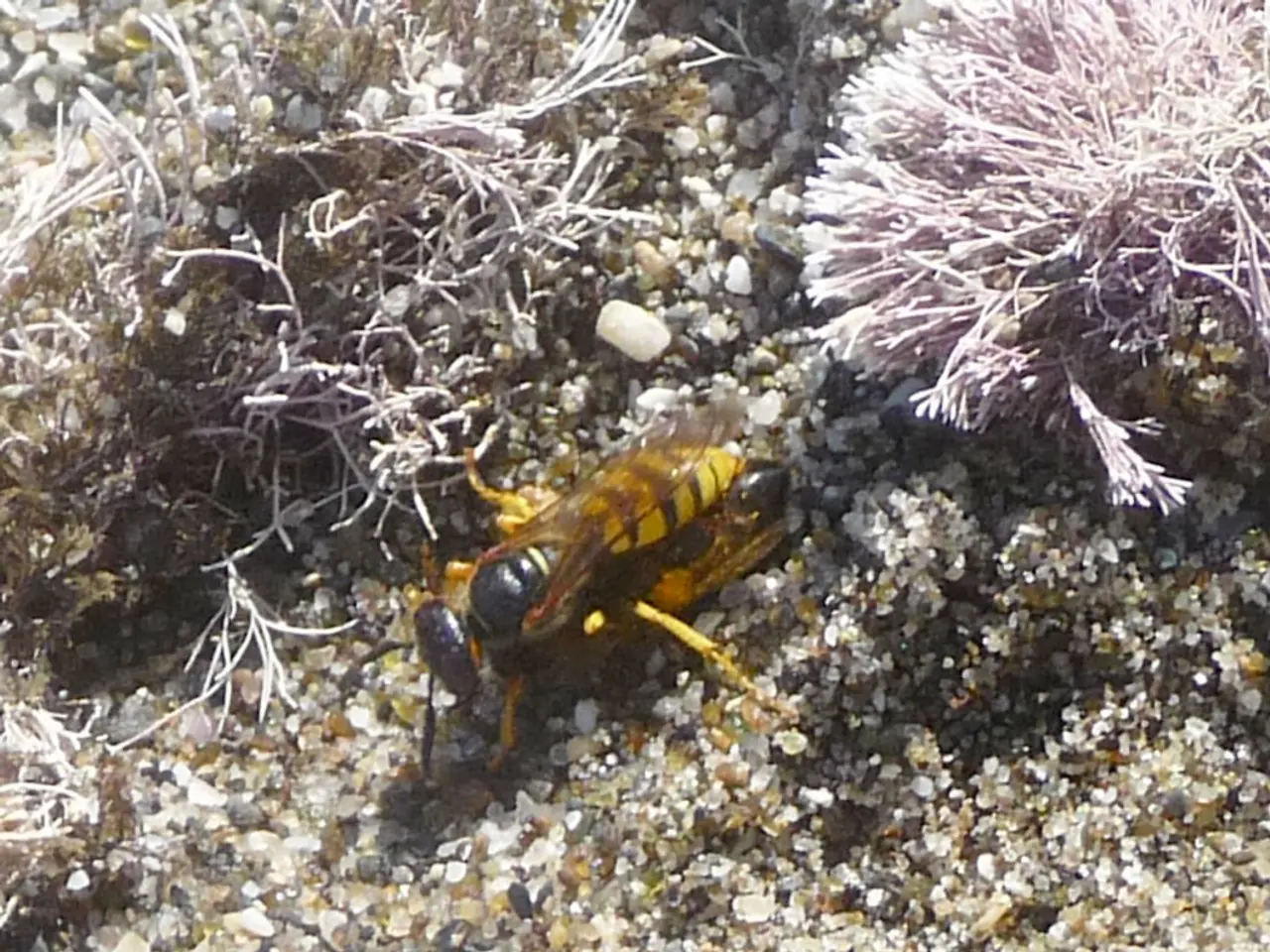Lithuania to Educate Citizens on Operating Drones
Lithuania to Launch Nationwide Drone Training Program for Adults and Children
Starting September 2025, Lithuania will embark on an ambitious public drone training program aimed at teaching over 22,000 people how to build, operate, and engineer drones by 2028. This initiative is part of Lithuania's broader defense strategy and reflects the government's commitment to enhancing technological readiness and civil defense capabilities.
The program, a joint initiative by Lithuania’s Defense and Education Ministries, will be implemented through a network of nine drone training centers nationwide. The first three centers will open in Jonava, Tauragė, and Kėdainiai, with additional centers gradually opening in other cities such as Šiauliai, Panevėžys, Utena, Telšiai, Klaipėda, and Marijampolė by 2028.
The program content will be tailored to different age groups. Third- and fourth-grade children will learn to build and pilot simple drones through practical projects and games. Junior high students will be introduced to drone programming and piloting first-person view (FPV) drones. High schoolers will design, manufacture 3D drone parts, and build advanced FPV drones, including participation in competitions.
The initiative has a budget of about €3.3 million ($3.8 million). It aims to future-proof the population, broaden civil resistance training, and strengthen both public drone control and engineering skills, which are increasingly relevant for security in Lithuania’s strategic context.
Lithuania’s move comes amid growing regional security concerns, especially due to its proximity to Russia’s Kaliningrad exclave and Belarus. The program not only bolsters national defense by expanding the population’s technical competencies but also complements broader Baltic efforts like drone detection and border defense systems, responding to the evolving threat of drone incursions and hybrid warfare.
Ukraine, a neighbouring country, is increasingly relying on drones in its defense against Russian forces. Lithuania aims to strengthen its own defense industry and the capabilities of its army through the development and production of drones.
Participants in the drone handling courses in Lithuania were previously trained in theory and practice. The program's ultimate goal is to equip Lithuania's population with the necessary skills to handle and engineer drones, thereby strengthening the country's resilience and readiness against modern drone threats.
Gadgets will be a part of the drone training program for children and adults, as they will learn to build simple drones and even 3D drum parts with advanced technology. This commitment to enhancing technological readiness is aimed at strengthening Lithuania's resilience and defense capabilities in the face of growing regional security concerns.




